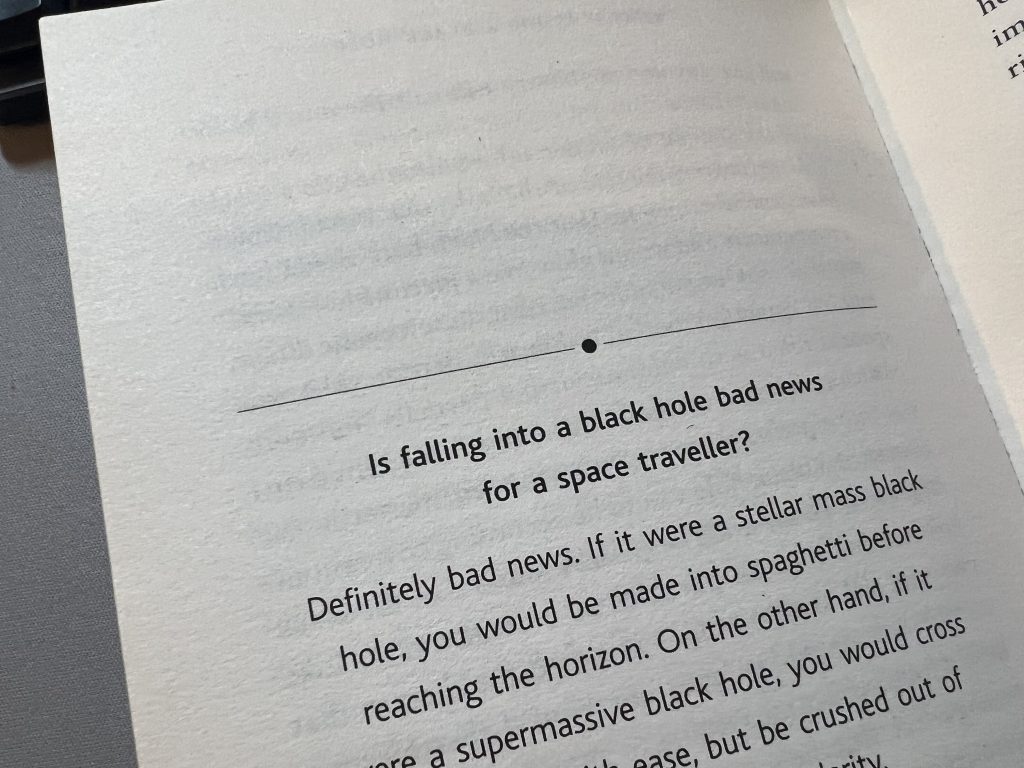Stephen Hawking is the first scientist/author who has had a profound impact on my life. Yes, even before I was profoundly changed by watching Carl Sagan`s Cosmos on TV, the first popular science book The Brief History of Time, by Stephen Hawking has awakened my interest in the Universe, Science and the art of being a curious human being.
That book has done so much for entire generations and has made Hawking famous beyond belief – for a scientist. But more, it brought the very mysteries of the Universe closer to even high school students, such as yours truly, for I was merely 17 years old the first time I read it.
I could not put it down, it mesmerized me. It made a 17-year-old teenager whose main interests comprised video games, Formula 1 and girls wonder about the very nature of existence. As such, Stephen Hawking and The Brief History of Time will always have a special place in my heart.
And now that genius is gone. His final legacy is this book, we’re talking about today – Brief Answers to Big Questions.
What is it about, you ask? And how can a book by Stephen Hawking be published after his death? Well, it is about – The Big Questions. Stephen was working on it before he died, and it has been completed in collaboration with his family, friends and colleagues.
So, what are the Themes and Questions Hawking concerned himself with? There are ten chapters in the book, one for each Question Hawking was trying to answer:
- Is there a God?
- How did it all begin?
- Is there other intelligent life in the universe?
- Can we predict the future?
- What is inside a black hole?
- Is time travel possible?
- Will we survive on Earth?
- Shuld we colonise space?
- Will artificial intelligence outsmart us?
- How do we shape the future?
As you can see, the topics that the book discusses are very deep, and yet the book is extremely accessible, as those already familiar with some of Hawking‘s previous writings would expect.
I would even go as far as to say that it is even more simple to understand than „A Brief History of Time“, which means it can easily be read by teenagers. If you‘re looking for a gift that has the potential to further inspire (let‘s face facts, shall we?) an already a bit geeky teenager, look no further.
But what can you expect content-wise?
As you probably know, Hawking was a scientist. So, should it surprise you that he turns to humanity‘s current best science-based knowledge to look for answers to these questions?
Naturally, this would make it easy for you to guess what are some of the conclusions he reaches. As a scientist, he was always trying to look for answers in the natural world only, without the need to appeal to the supernatural for any explanations. So, his answers are grounded in science, nothing is surprising about this. What is surprising, though is the elegance with which he describes the way he thinks about God and How did it all begin. You stop and wonder for a moment – how is it possible that humanity has come so far to be able even to attempt to answer some of these questions? And any book which has the potential to cause you to reach this state of … well, wonder is certainly worth your time.

What about other questions and topics? Well, not to spoil it too much, but the subject of AI run-amock is very hot today and you might be surprised to learn that Hawking is siding with the “let’s be careful” group. What a strange choice, you might say, considering how his own life has been greatly enhanced by computers and technology. But in his analysis, he remains a scientist. As a scientist, he can see the potential problems in exponential advancements – meaning that we might be in trouble when machines start to design themselves.
But maybe the most worthwhile parts are not even these, where he talks about the beginnings of the Universe or speculates on AI or how and why are we to expand into space. The best parts of this book may be the optimism, the belief that we should remain curious, that we should try and look forward with hope in the future of humanity. And that alone should tell you how unique this book is and how unique the man was.


